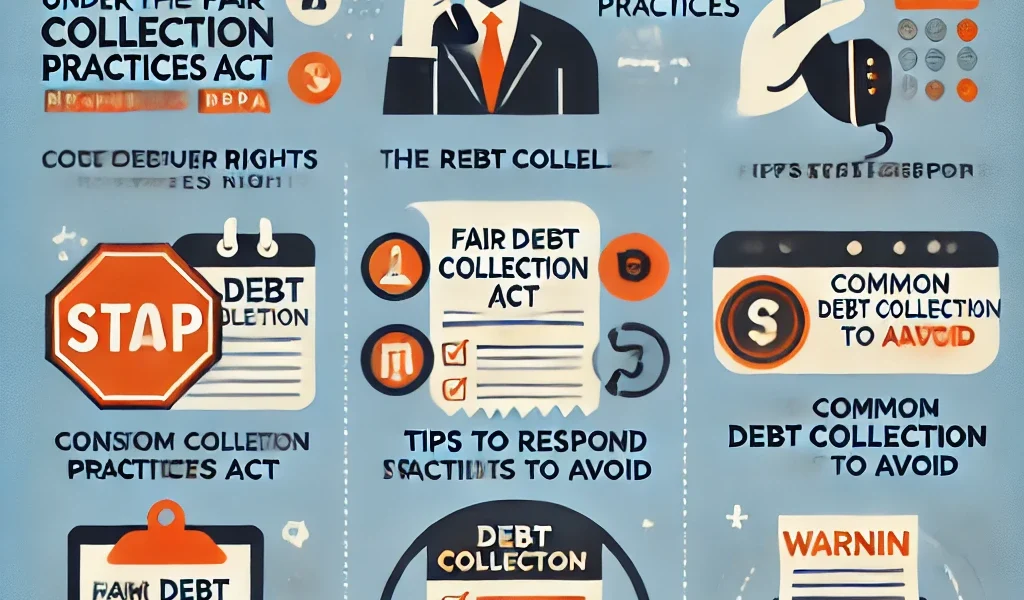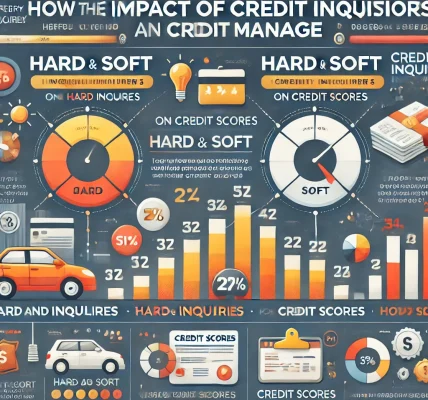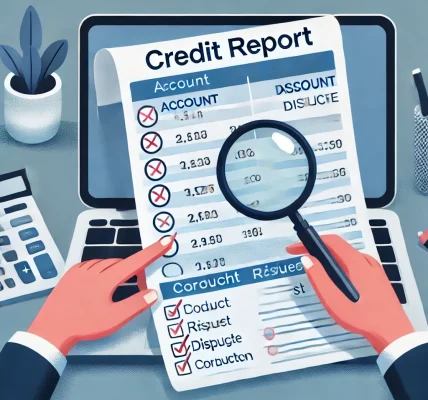Dealing with debt collectors can be stressful and overwhelming. However, knowing your rights and understanding how to handle these situations can protect you from harassment, unfair practices, and financial mistakes. This DIY guide will walk you through everything you need to know to deal with debt collectors effectively while ensuring you stay within the legal framework.
Understanding Debt Collection: How It Works
When you owe money to a creditor and fail to make payments, your debt may be transferred to a third-party collection agency. These agencies attempt to recover the owed amount through calls, letters, and even legal action in some cases.
Types of Debt Collectors
- Original Creditors – The company or institution that initially lent you the money.
- Third-Party Collection Agencies – Companies hired by the original creditor to recover the debt.
- Debt Buyers – Companies that purchase delinquent debts for a fraction of the cost and then attempt to collect the full amount.
Your Rights Under the Fair Debt Collection Practices Act (FDCPA)
The Fair Debt Collection Practices Act (FDCPA) protects consumers from abusive debt collection practices. Here are some key rights you have under this law:
✅ Limited Contact Hours: Debt collectors can only contact you between 8 AM and 9 PM unless you agree otherwise.
✅ No Harassment or Abuse: Collectors cannot threaten, harass, or use profane language.
✅ Written Validation Notice: Within five days of first contact, they must send a written notice detailing the amount owed, the creditor’s name, and how to dispute the debt.
✅ Right to Request No Contact: You can request, in writing, that they stop contacting you.
✅ No Misrepresentation: They cannot lie about the debt amount, pose as attorneys, or claim you’ll be arrested for unpaid debt.
✅ Privacy Protection: They can only discuss your debt with you, your spouse, or your attorney.
✅ Right to Dispute the Debt: You have 30 days to dispute the debt in writing if you believe it is incorrect.
How to Handle Debt Collectors Effectively
1. Stay Calm and Gather Information
- Ask for the debt collector’s name, company, contact details, and the original creditor’s information.
- Request a written validation notice before making any payments.
2. Verify the Debt
- Check your credit report to confirm if the debt is legitimate.
- If the debt is not yours or the amount is incorrect, send a written dispute letter within 30 days.
3. Keep Everything in Writing
- If you speak with a collector, follow up with a written letter summarizing the conversation.
- Request all further communication in writing to maintain a record.
4. Negotiate a Settlement or Payment Plan
- If you acknowledge the debt, negotiate a lower lump-sum payment or an installment plan.
- Always request a written agreement before making payments.
5. Know When to Seek Legal Help
- If a collector violates the FDCPA, you may file a complaint with the Consumer Financial Protection Bureau (CFPB) or your state’s attorney general.
- If you are sued for unpaid debt, consult a lawyer immediately.
Common Debt Collection Scams to Avoid
Scammers often pose as debt collectors to trick consumers into making fraudulent payments. Watch out for these red flags:
🚩 Demanding payment for a debt you don’t recognize – Always verify debts before paying. 🚩 Threatening arrest or legal action – Legitimate debt collectors cannot have you arrested. 🚩 Requesting payment via gift cards, wire transfers, or cryptocurrency – These are signs of fraud. 🚩 Refusing to provide written validation of the debt – Always insist on written proof.
If you suspect a scam, report it to the Federal Trade Commission (FTC) or your local consumer protection agency.
What to Do If You’re Unable to Pay Your Debt
If you’re struggling to pay your debt, consider these alternatives:
🔹 Credit Counseling: Nonprofit credit counseling agencies can help you create a debt management plan. 🔹 Debt Consolidation: Taking out a personal loan to combine multiple debts into one lower-interest payment. 🔹 Debt Settlement: Negotiating with creditors to pay a reduced lump sum. 🔹 Bankruptcy (Last Resort): If your debt is overwhelming, consult a bankruptcy attorney to explore your options.
Final Thoughts: Protect Yourself and Stay in Control
Dealing with debt collectors doesn’t have to be intimidating. Understanding your rights, staying organized, and knowing your options can help you handle debt collection efforts confidently. Whether you choose to dispute a debt, negotiate a payment plan, or seek legal help, always prioritize protecting yourself from unfair practices.
Key Takeaways:
✅ Know your rights under the FDCPA to avoid harassment. ✅ Verify any debt before making payments to prevent scams. ✅ Keep all communication in writing to maintain a record. ✅ Negotiate a payment plan if you acknowledge the debt. ✅ Seek professional advice if you face legal action or financial hardship.
Disclaimer:
This article is for informational purposes only and should not be considered legal or financial advice. Always consult a legal or financial expert before making debt-related decisions.




